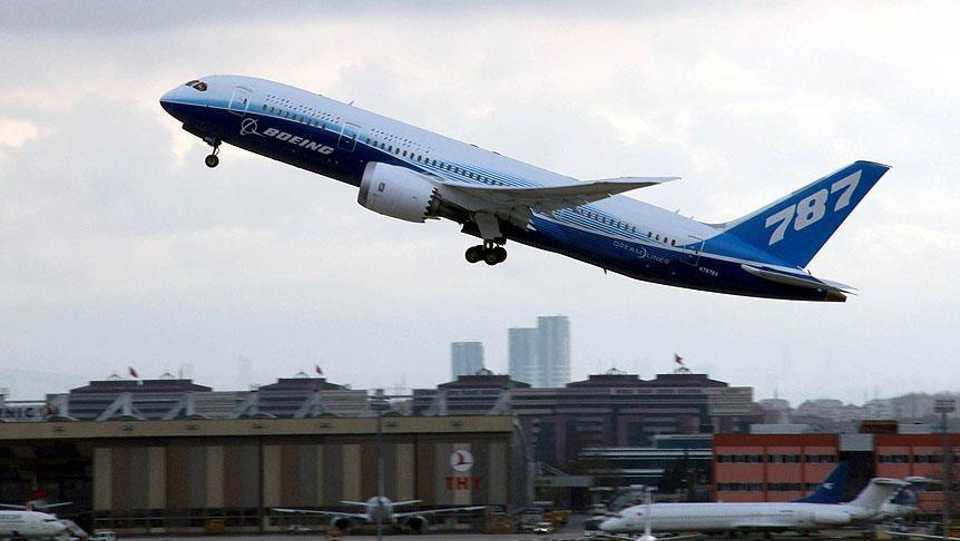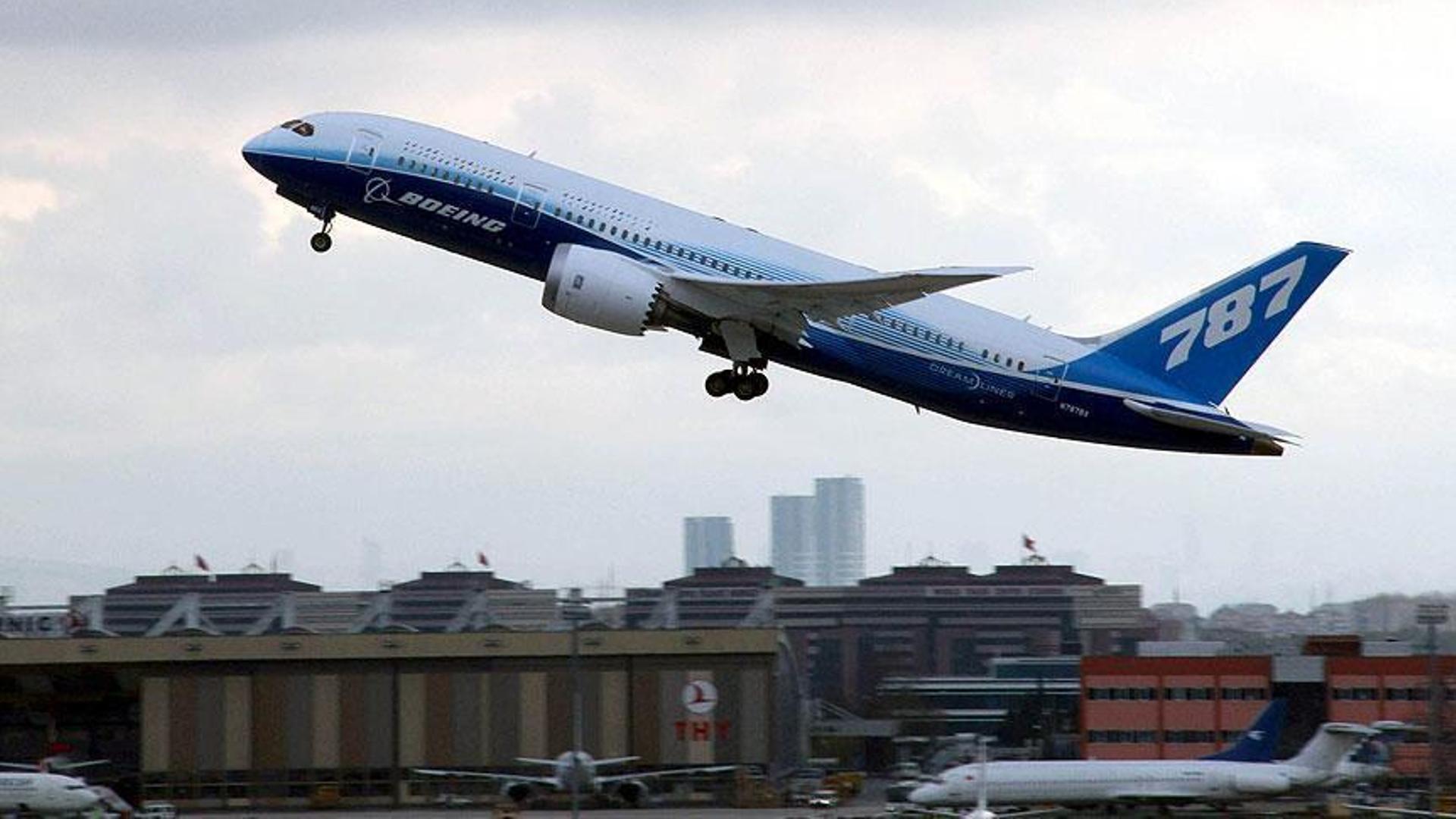
Turkey’s President Recep Tayyip Erdogan on Friday said that Ankara may have to “re-evaluate” existing orders for Boeing airplanes worth $10 billion, in comments underlining the country’s strained ties with the US.
“I’ve told [US President Donald] Trump [at the G20 summit] in Osaka even if Turkey is not buying the Patriot missile system, we are buying Boeing,” Erdogan was quoted by Bloomberg.
“We are good customers. But if it goes on like this, we’ll have to rethink about this deal.”
Ties between the two NATO allies are strained due to Washington’s support for the PKK terror organisation’s Syrian wing the YPG, and its refusal to extradite FETO chief Fetullah Gulen. Turkey’s purchase of the Russian S-400 missile defence system has added to the tensions.
F-35 fighter jets
Erdogan, who was speaking during a meeting with the provincial heads of the governing AK Party at Ankara headquarters, also said Turkey will consider other options if the US refuses to sell it F-35 fighter jets.
The Trump administration says the S-400 could expose the advanced fighter to possible Russian subterfuge and is incompatible with NATO systems.
Turkey, however, says the S-400 would not be integrated into NATO systems and would not pose a threat to the alliance.
Turkish Airlines, the nation’s flagship carrier where the government holds a 49 percent stake, announced in March 2018 that it will buy 25 of Boeing’s 787-9 jets, which are scheduled for delivery by 2023.
The company in 2013 had also announced a decision to purchase 75 of the 737 MAX jets with five of them being delivered in the first quarter of this year with the remaining set to be received by the end of 2023.
Ankara-Moscow ties
Also on Friday, Russia’s Energy Minister Alexander Novak said Russian firms would be open to working with Turkey on energy projects in the eastern Mediterranean if it is commercially viable for the benefit of all parties.
Novak said Russian companies have been involved in successful energy projects in the Mediterranean.
Novak also said TurkStream project is one of the most important projects implemented between Turkey and Russia.
“We are in the final stages of construction, and next year we will start directly sending natural gas to Turkey. We are grateful to our Turkish partners for keeping the project in line with its timetable,” he said.
The Russian minister made the remarks as tensions between Turkey and the Greek Cypriot administration intensified in recent weeks.
Ankara has consistently contested the Greek Cypriot administration’s unilateral drilling in the eastern Mediterranean, saying Turkish Cypriots also have rights to the resources in the area and Ankara has the right to hydrocarbon drilling as well.










Discussion about this post